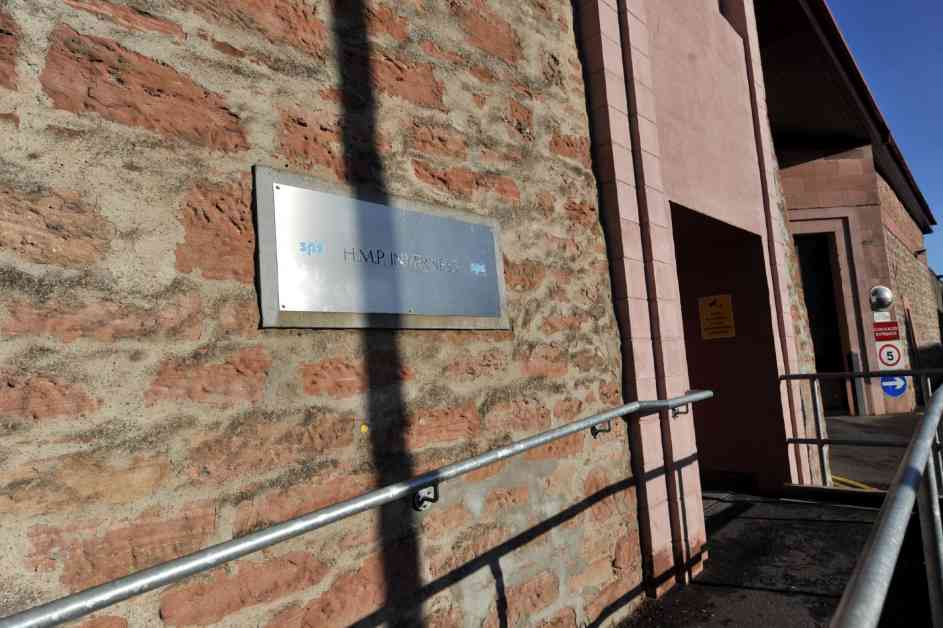Inverness Prisoners’ Meal Budget Surpasses Healthcare Spending in NHS Highland
In a startling revelation, it has been uncovered that the amount spent on feeding prisoners at HMP Inverness surpasses the budget allocated for providing meals to patients in NHS Highland hospitals. The stark contrast in spending has sparked outrage and raised questions about the priorities in budget allocation for essential services in the region.
Disparities in Meal Budgets
According to recent reports, the daily cost of meals for prisoners at HMP Inverness stands at £4.05, while the amount spent on feeding patients in NHS Highland hospitals is a mere £3.01 per day. This significant difference in meal budgets has shed light on the financial strain faced by the health board, which is grappling with a reported deficit of approximately £115 million.
Scotland’s Spending Disparity
Further scrutiny reveals that the situation is not unique to Inverness, as other Scottish prisons also allocate larger sums for prisoner meals compared to healthcare facilities. For instance, at Dundee’s Bella Centre, the cost per day for prison meals is a staggering £5.26. This stark contrast raises concerns about the equitable distribution of resources in the public sector.
Call for Action
The Scottish Conservatives have condemned the spending gap, labeling it as “outrageous” and calling for a review of the disparity by SNP ministers. Deputy leader Rachel Hamilton emphasized the need for a fair allocation of resources, especially when it comes to providing essential services to vulnerable populations. The public sentiment echoes the sentiment that patients in hospitals should receive adequate and nutritious meals to support their recovery and well-being.
Responsibility and Accountability
While the Scottish Prison Service defends its commitment to delivering a varied and nutritious diet to inmates, the Scottish Government acknowledges the role of health boards in ensuring patient food quality. The debate surrounding budget allocation for meals underscores the pressing need for transparency, accountability, and fair distribution of resources in the public sector.
As we reflect on these revelations, it prompts us to consider the value we place on providing essential services to those in need. The disparity in meal budgets between prisoners and hospital patients raises broader questions about societal priorities and resource allocation. It calls for a critical examination of how we can better support the well-being of all individuals, regardless of their circumstances or status. Let us strive for a more equitable and compassionate society where access to nutritious meals is a fundamental right for everyone.












